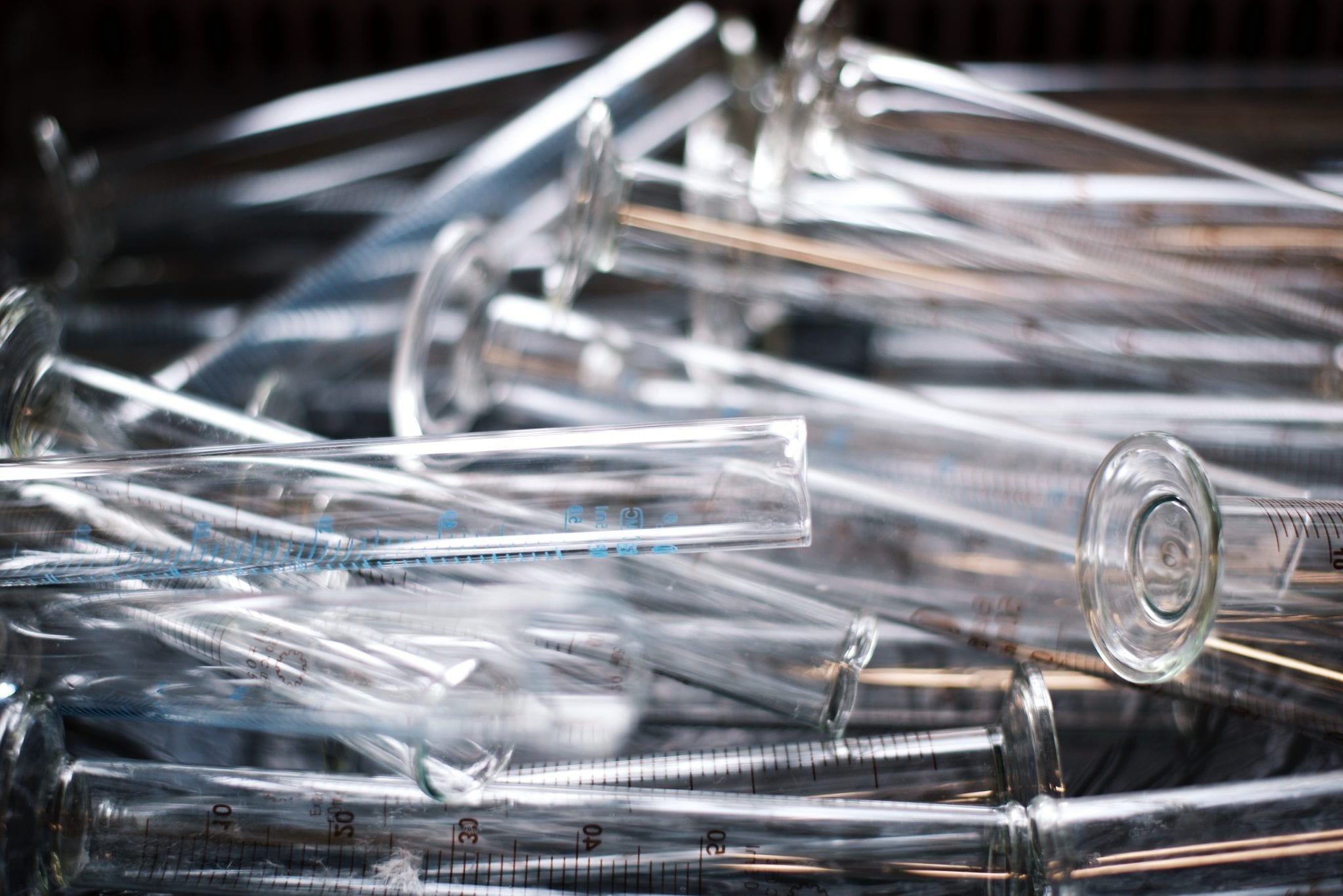Hair Testing Isn’t Fail Safe and May Discriminate, Case Claims
Hair testing companies have long claimed their drug testing procedures are more advanced than urine screens because they can detect use much further back. It’s also more difficult for uses to attempt to game the system. However, what these companies are careful not to admit to, is that certain hair types are more susceptible to false positives. This directly challenges the companies’ claims that they have a fool-proof method for identifying drug use and has led to a debate regarding whether hair testing should be used in legal cases.
“This is the test case that everyone is watching,” said Lewis Maltby, president of the National Workrights Institute, a New Jersey-based workers’ rights nonprofit organization, of a particular case involving a group of African American police officers in Boston who lost their jobs or were disciplined in 2005 due to what they claim were false-positive hair tests.

Keri Hogan was pursuing a career as a Boston police officer when a drug test using a sample of her hair came back positive for cocaine. Hogan and several others whose hair also tested positive were forced to give up their dreams. Now, more than a decade later, the group is still fighting, attempting to change the system and convince police departments to move away from mandatory hair testing and seek an alternative.
There are experts on both sides of the fence, some who support this type of testing and some not so supportive. “Hair is an excellent indicator of exposure” to drugs, said Dr. Peter Stout, president of the Houston Forensic Science Center. “What starts to get difficult is determining from a hair result the route of that exposure.”
David Kidwell, a chemist who plans to testify on behalf of the officers, says cosmetic treatments commonly used by African Americans can damage hair cuticles, which increases the risk that hair becomes contaminated by drugs in the environment.
Psychemedics, the company that continues to perform testing for Boston police, however, said its wash procedures eliminate any possibility of a false positive. “We know that our science is rock solid and we stand behind it today as we have for the last 30 years,” said Raymond Kubacki, president of the company, which also does drug testing for the New York City Police Department.
Over the course of thirteen years of litigation, the case has gone up to the 1st Circuit U.S. Court of Appeals twice and has cost Boston at least $1.6 million to defend. The appeals court recently said a “reasonable” court could find that the police department refused to adopt an alternative testing procedure that would have “met the department’s legitimate needs while having less of a disparate impact.”
Hogan and the others continue to insist they aren’t drug users. Hogan took an independent hair test after the positive result that came back negative. “To this day, I struggle with the feeling of stigma and embarrassment I face whenever I encounter a Boston police officer or former colleague. I can tell they do not look at me the same way,” Hogan said.
Sources:
Case alleging racial bias in hair tests goes to trial
Was Hair Test That Turned Up Cocaine For Boston Police Cadet Racist?


Join the conversation!